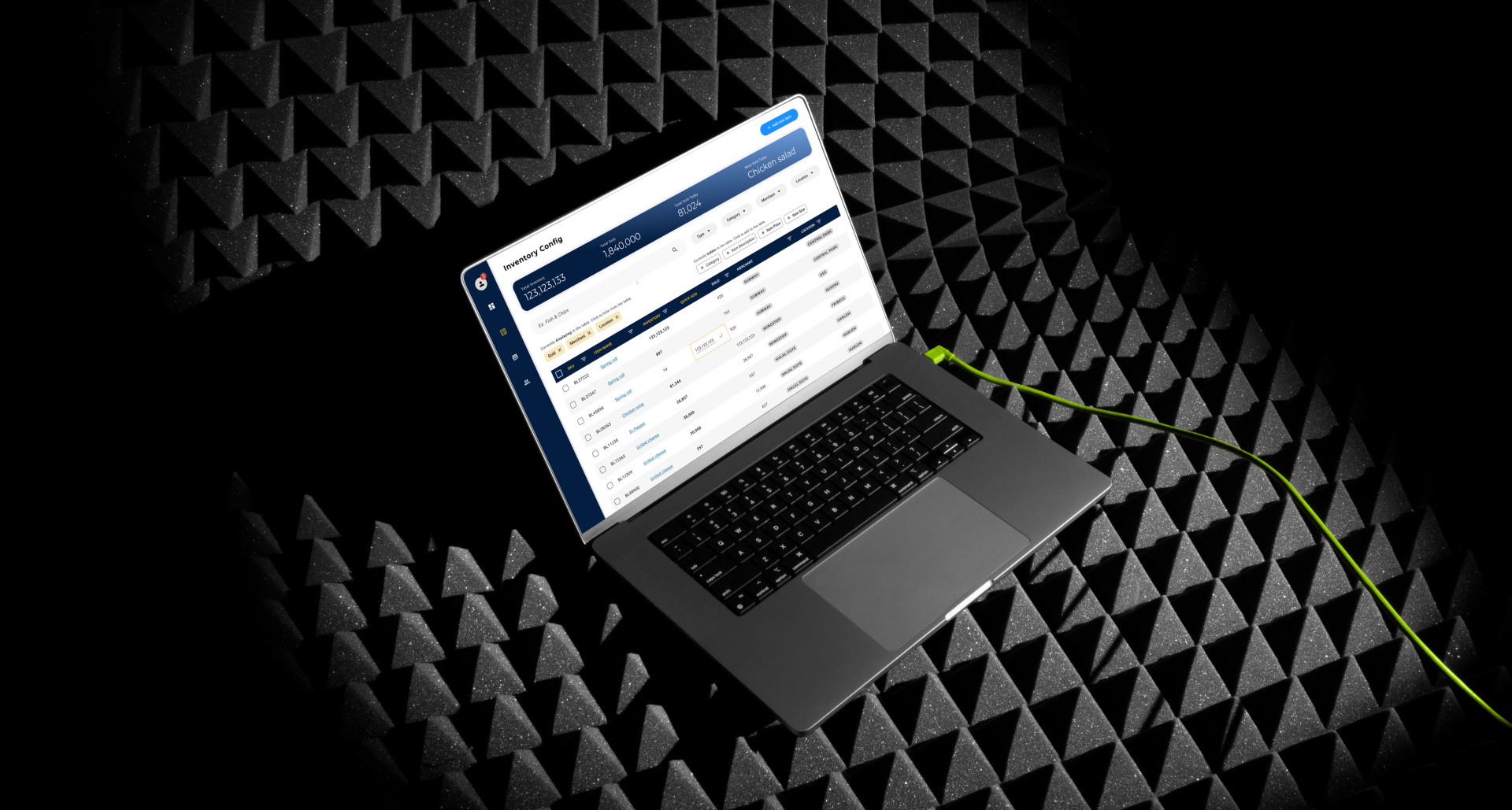Intro
The reason purpose is important is because sometimes we as people are not really sure what problem is causing us pain. Sometimes we do not feel the pain of a design until it’s too late. So how do you account for a problem users don’t even recognize? A powerful framework to consider is Maslow’s Hierarchy of Needs. As an agency what needs are you meeting? Physiological and psychological safety is a need we either take for granted or are so entrenched in survival that we cannot reflect on how it manifests and what possible solutions may be. As we think about our digital lives we worry about privacy and security but we are often so overwhelmed that we throw our hands up and trade our safety for the next notification.
Pvotal’s strategy is uniquely intriguing. We’ve subtly redirected the design discourse from a mere aesthetics perspective to building secure digital spaces. Undoubtedly, the commendation goes to the architecture and security first design approach. We aren’t just crafting beautiful interfaces; we are building secure, captivating user experiences. I’ve come to appreciate how design can make or break a product. A thoughtfully designed product can earn user favor, a fact Pvotal understands well. The company is dedicated to ensuring every pixel, every line of code, caters to user needs. Flutter’s ecosystem for facilitating intuitive, user-friendly designs in a single code-base is proving instrumental.
When engaging with security as a core constraint it allows for really groundbreaking innovation. For example the term “secure-freedom” seems to be an oxy-moron but as you stretch that concept you begin to get to a space where you find socially conscious innovations. By leveraging microservices in our design process there is cultural, geographic, and contextual ways to provide an experience that works equitably rather than equally.
The fact that we have such a diverse team that spans the globe is an impetus for our design philosophy. Elizabeth Mannix and Margaret Neale research the importance of cultural differences in creative teams. As a team at Pvotal because we have so many differences in culture, language, and customs we are constantly learning about one another and asking one another for clarification. One of the most powerful insights from research on differences in teams is that non-homogenous teams do not assume understanding but check and ask for understanding. This is so apparent working at Pvotal. Because of the team diversity the remote work which can often be filled with mis-communications and assumptions is actually rich with dialogue. It is this spirit that gets transferred into our work with clients as well.
In the 2020s, the demand for design that encompasses a wider range of stakeholders is growing louder. It’s time we consider more than just customers—employees, suppliers, communities, they all matter. Pvotal Technologies, with Flutter at its core, is pioneering this comprehensive design approach. The ethos of a company is just as important as the products and services it provides. Consumers want to understand a company’s why and determine if the why aligns with their values. The possibilities that safety opens up for us as people is a key factor in our sense of belonging in any digital space.
